Is TikTok Sabotaging the Music Industry?
What do the songs Running Up That Hill (1985) and About Damn Time (2022) have in common? Both went viral on TikTok and then dominated the Billboard Top 10 chart for weeks.
October 12, 2022
What do the songs Running Up That Hill (1985) and About Damn Time (2022) have in common? Both went viral on TikTok and then dominated the Billboard Top 10 chart for weeks. Although Running Up That Hill coincidentally gained traction after Stranger Things 4 scenes that featured it went viral, Lizzo purposely promoted About Damn Time by duetting popular creators and posting her own videos linked to the song.
Such success proves that unless you are one of the lucky few like Bush, who coincidentally goes viral on TikTok, you have to put in the work and fight for visibility in the TikTok algorithm, an algorithm that favors and promotes videos with the most likes, comments, and shares. These factors can skyrocket once artists hustle to promote their videos. However, some artists don’t want to do that. Take Halsey, an experienced singer with eight years in the music industry and 165 million records under their belt.
In May 2022, Halsey posted a TikTok video to expose how their record label prevented them from releasing a new song until Halsey faked a TikTok viral moment for the song. Halsey retorted that “everything is marketing,” expressing that they didn’t come this far to make TikTok videos solely for self-promotion. Their TikTok garnered 9.6 million views and over 12,000 comments from users, ironically fulfilling their label’s goal to some extent.
Willing or not, artists throughout the industry are acknowledging, if not adhering to, TikTok’s new standards for maintaining stardom. It’s hard to escape TikTok’s influence, as it ranked number one on Forbes’ “top 10 globally most-download apps of 2021” list. Additionally, thousands of Spotify playlists have been exclusively made to highlight songs that went viral on TikTok.
With industry artists and labels bending over backward for TikTok, to what extent are artists still catering to their fans? As for those who still do, particularly up-and -coming artists, how are they getting their music heard and popularized with all the targeted TikTok marketing from their fellow artists? We are only left to wonder what else TikTok will do to the music industry.


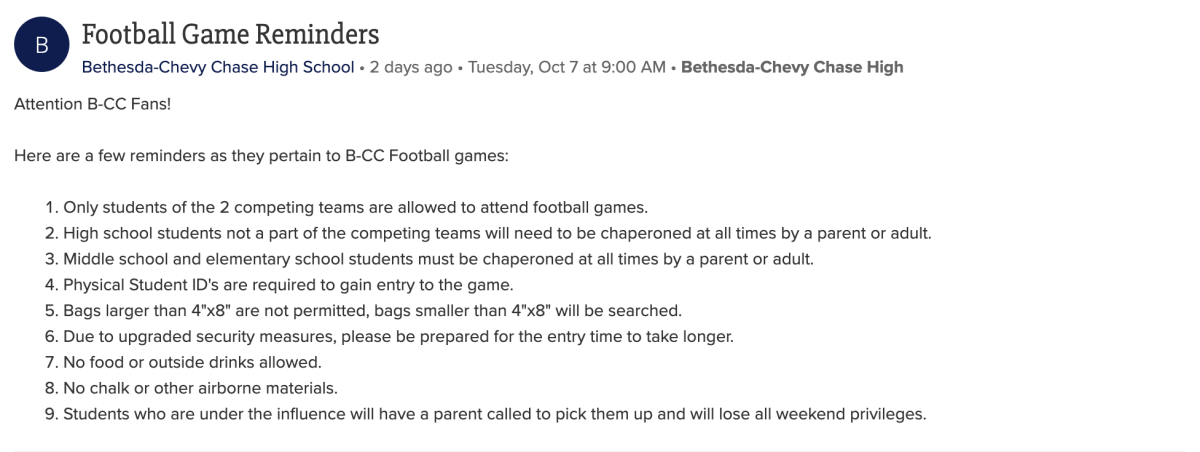
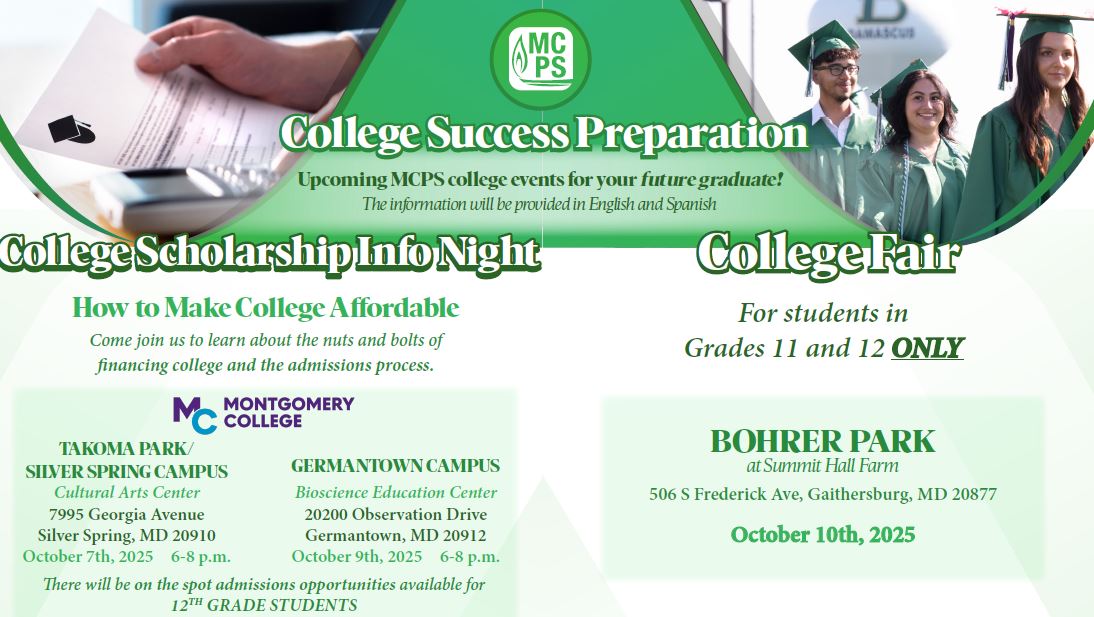
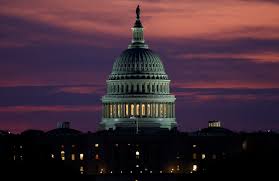
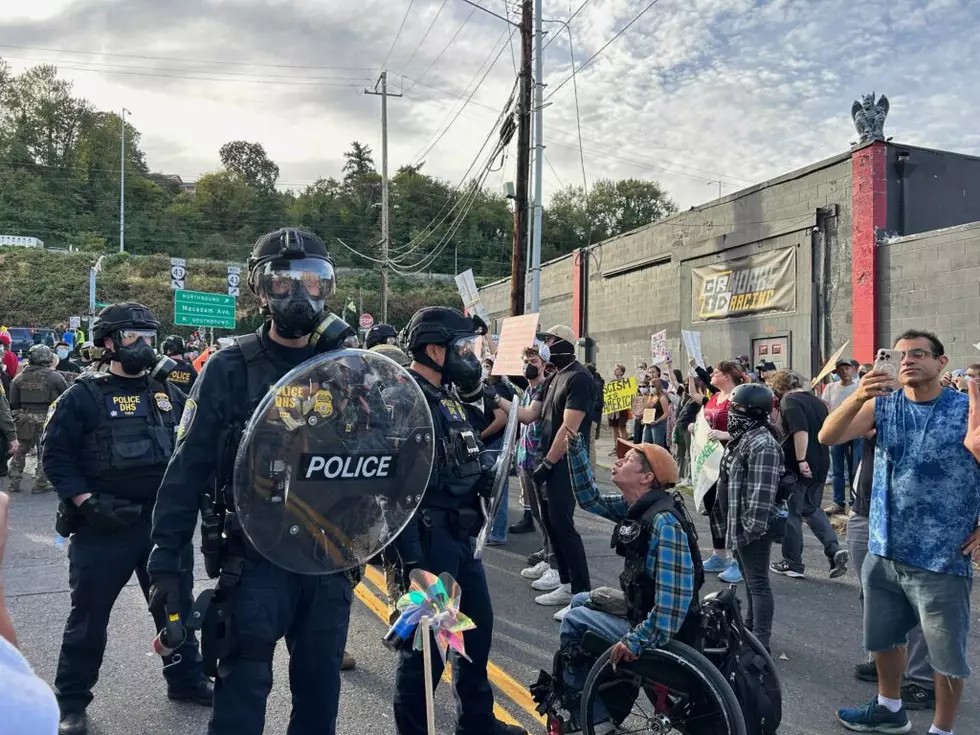
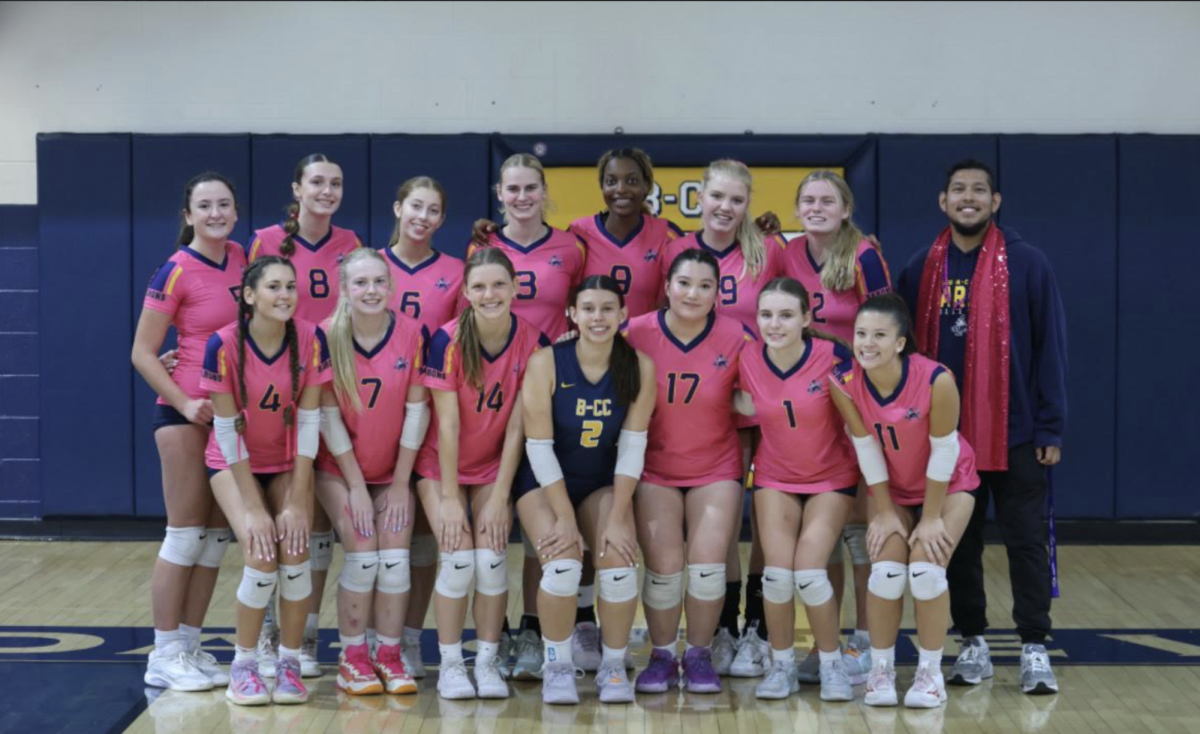
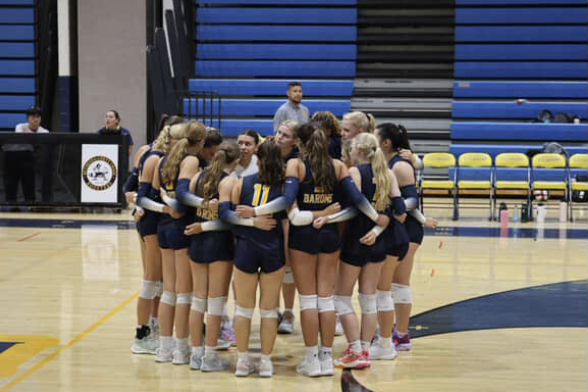
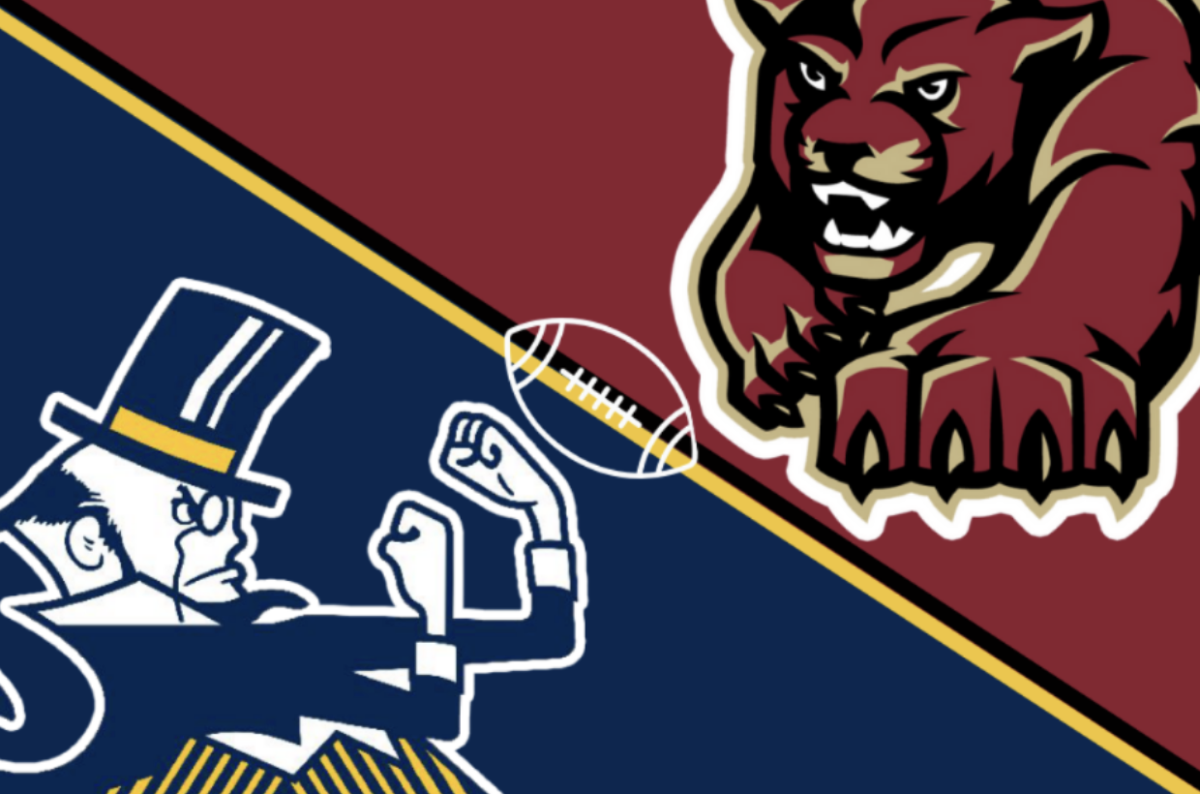
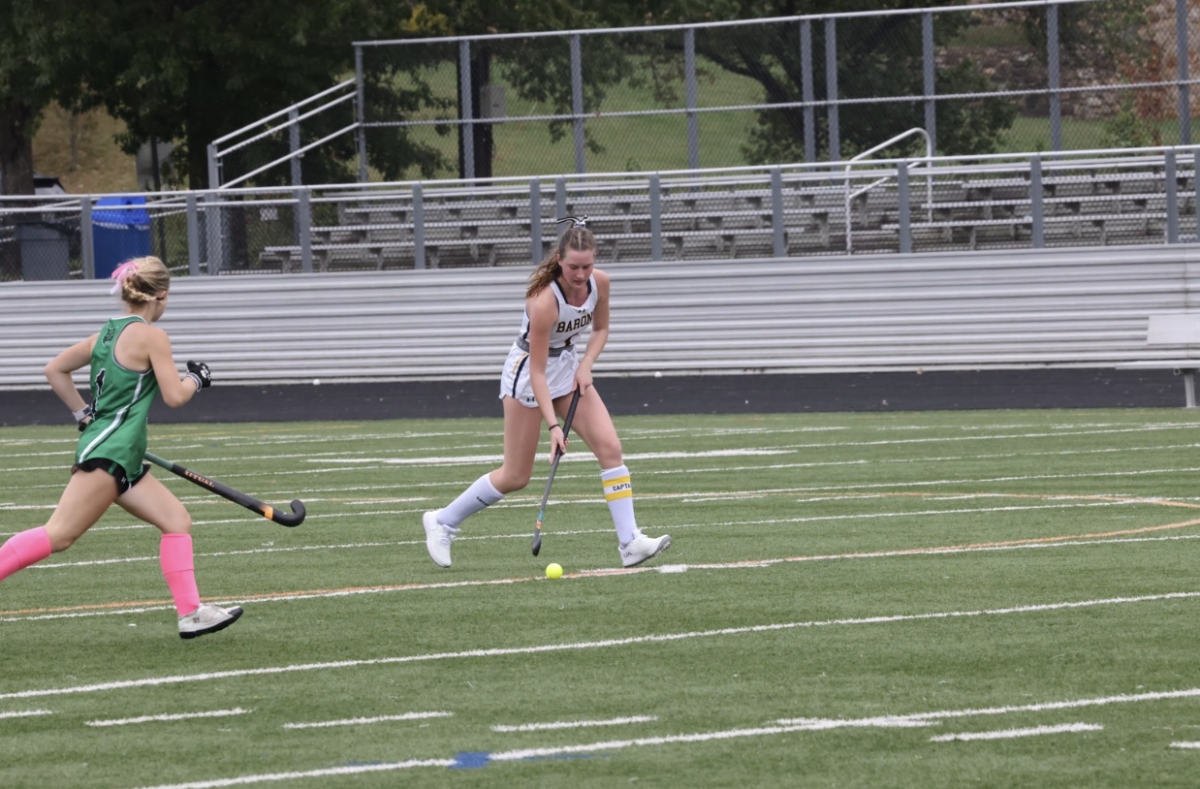
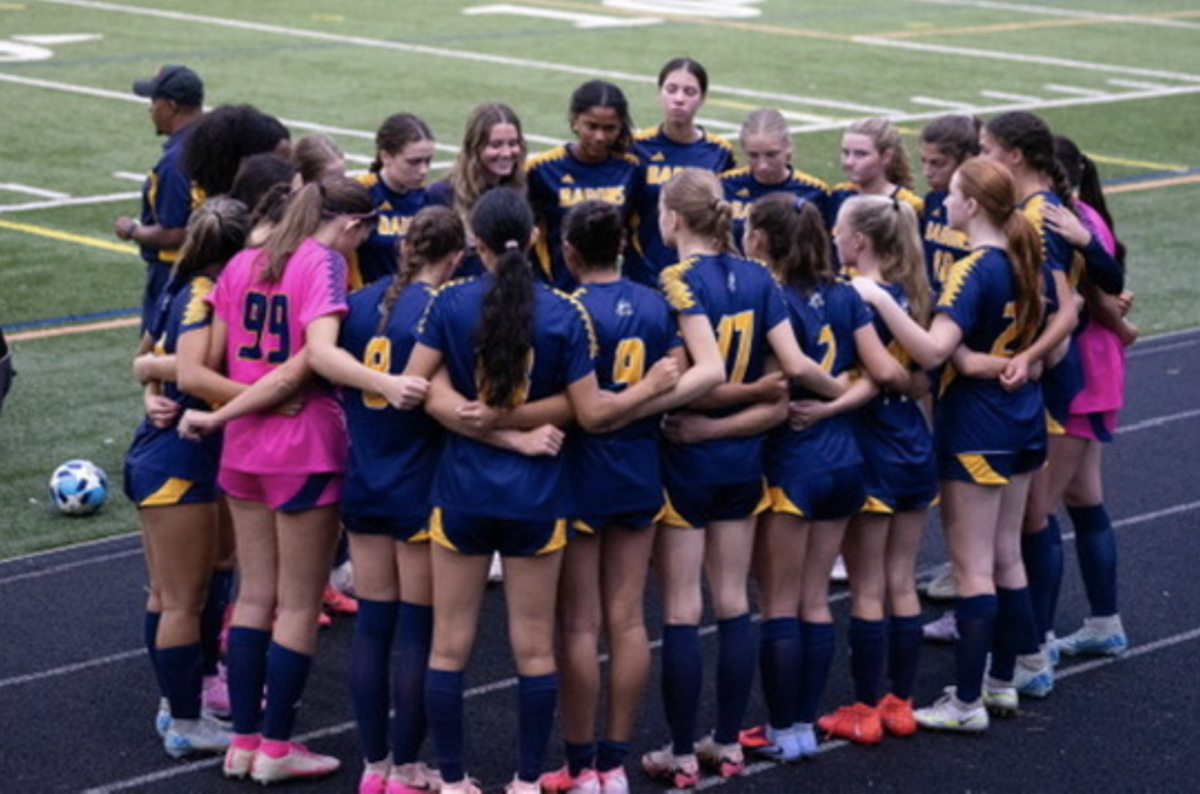


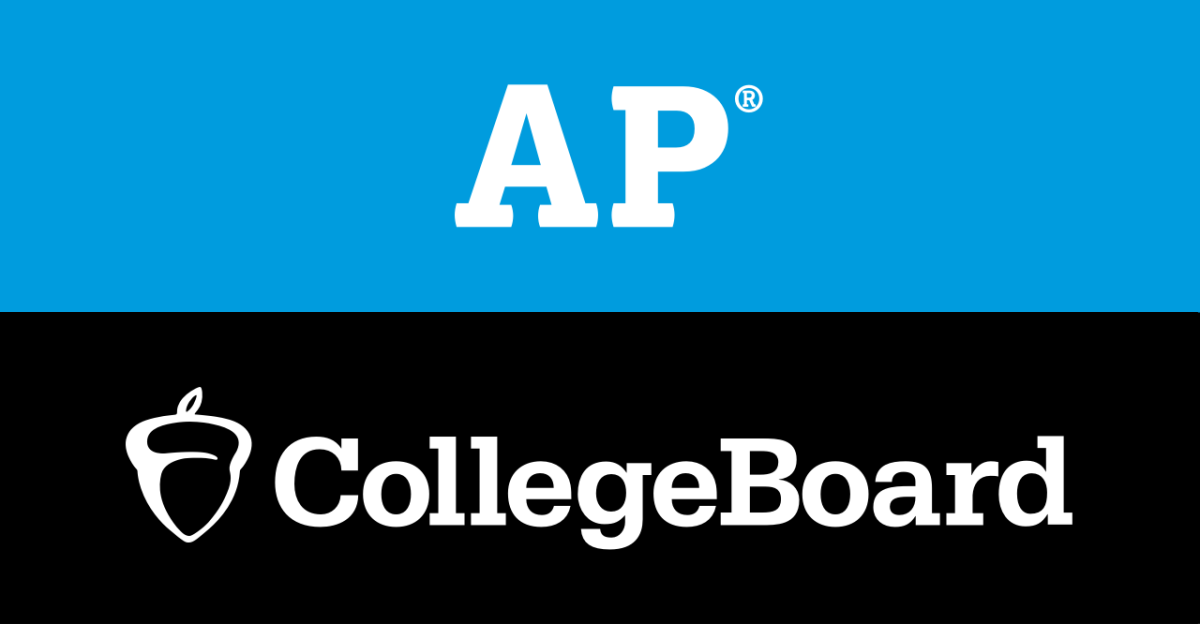
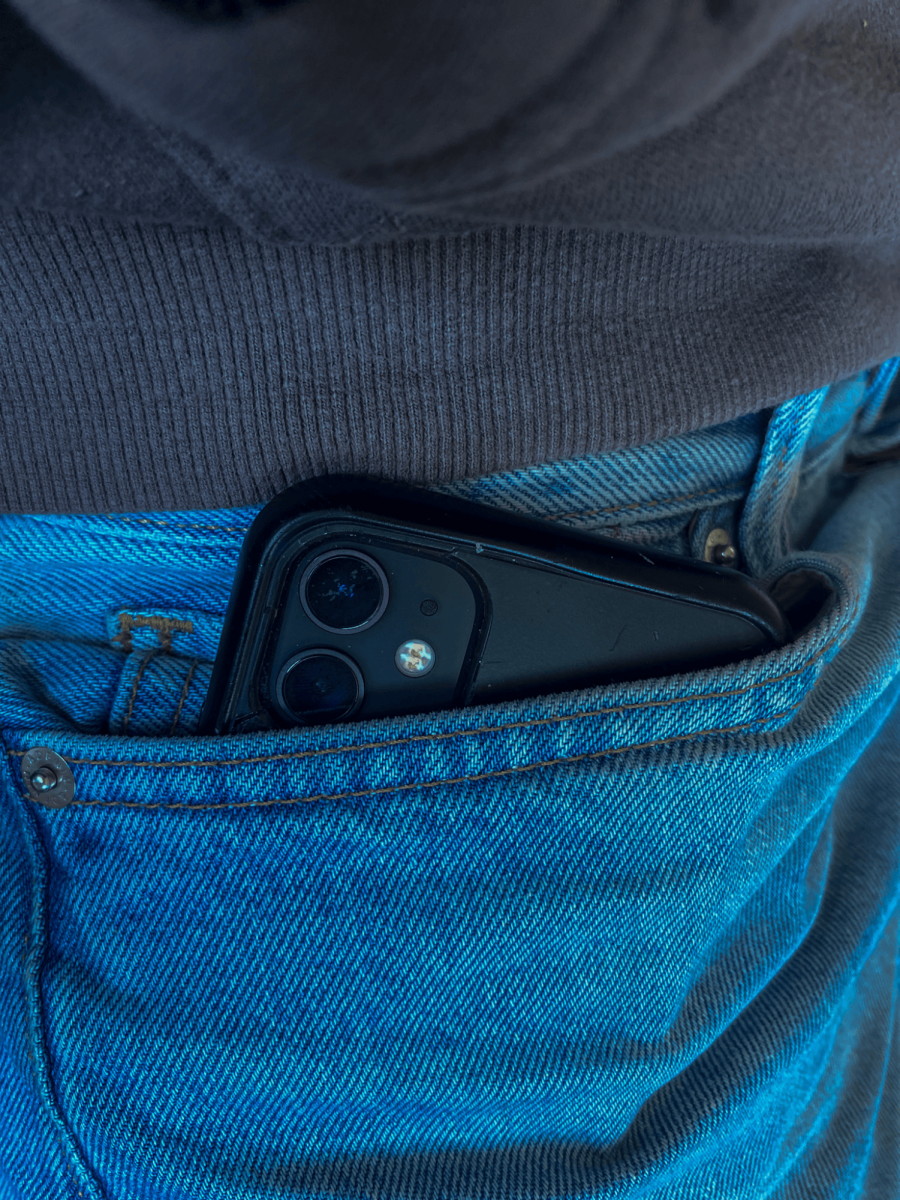

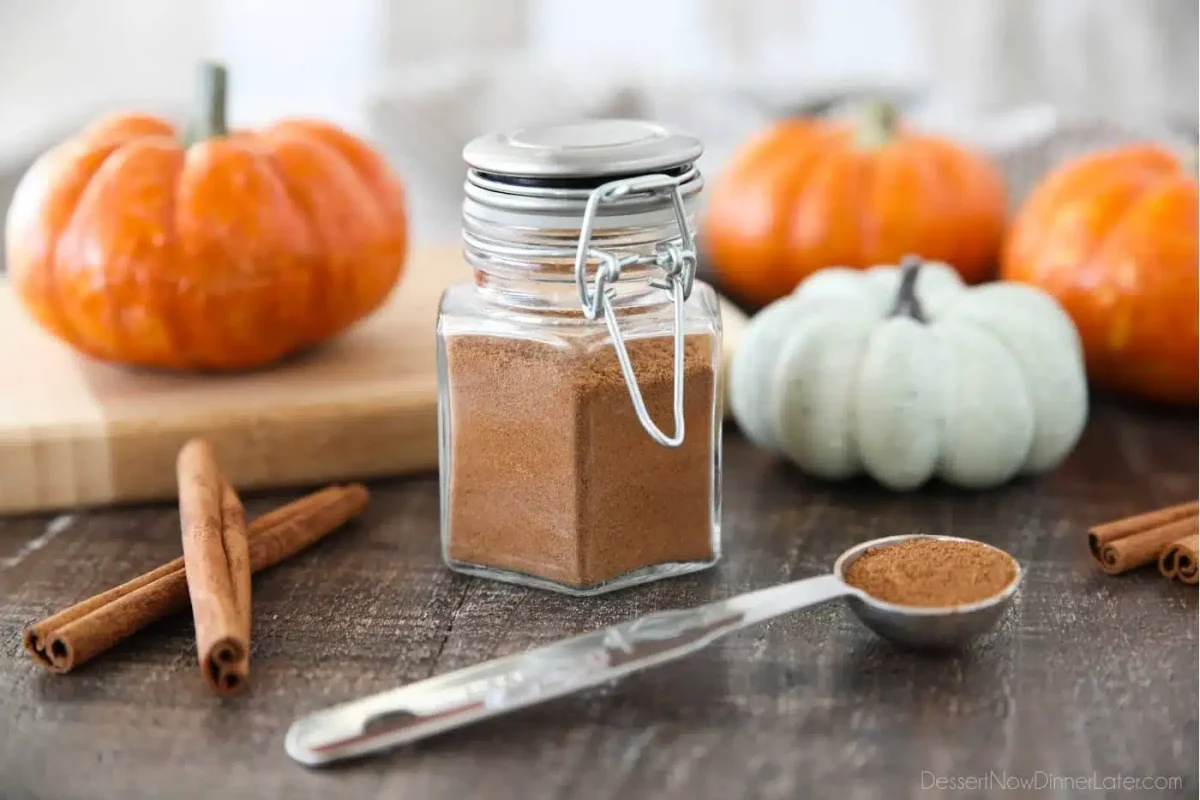
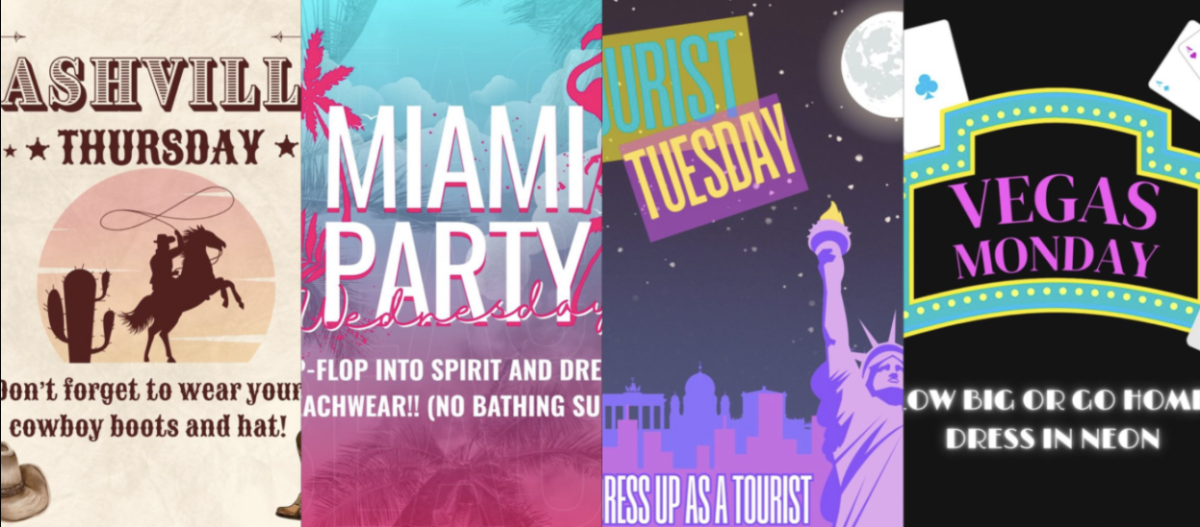
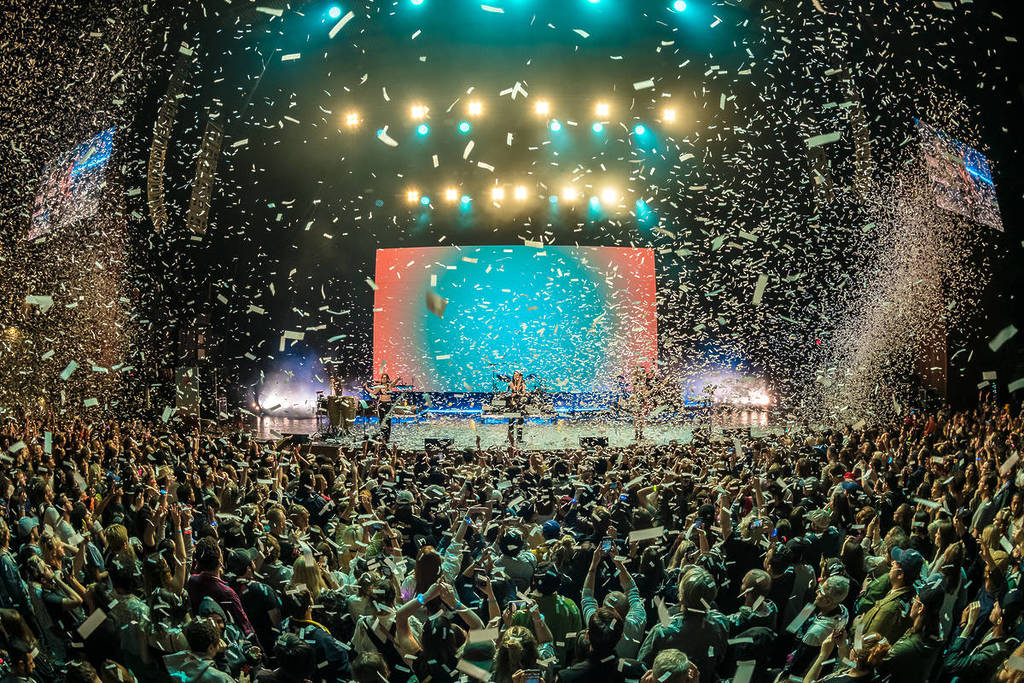
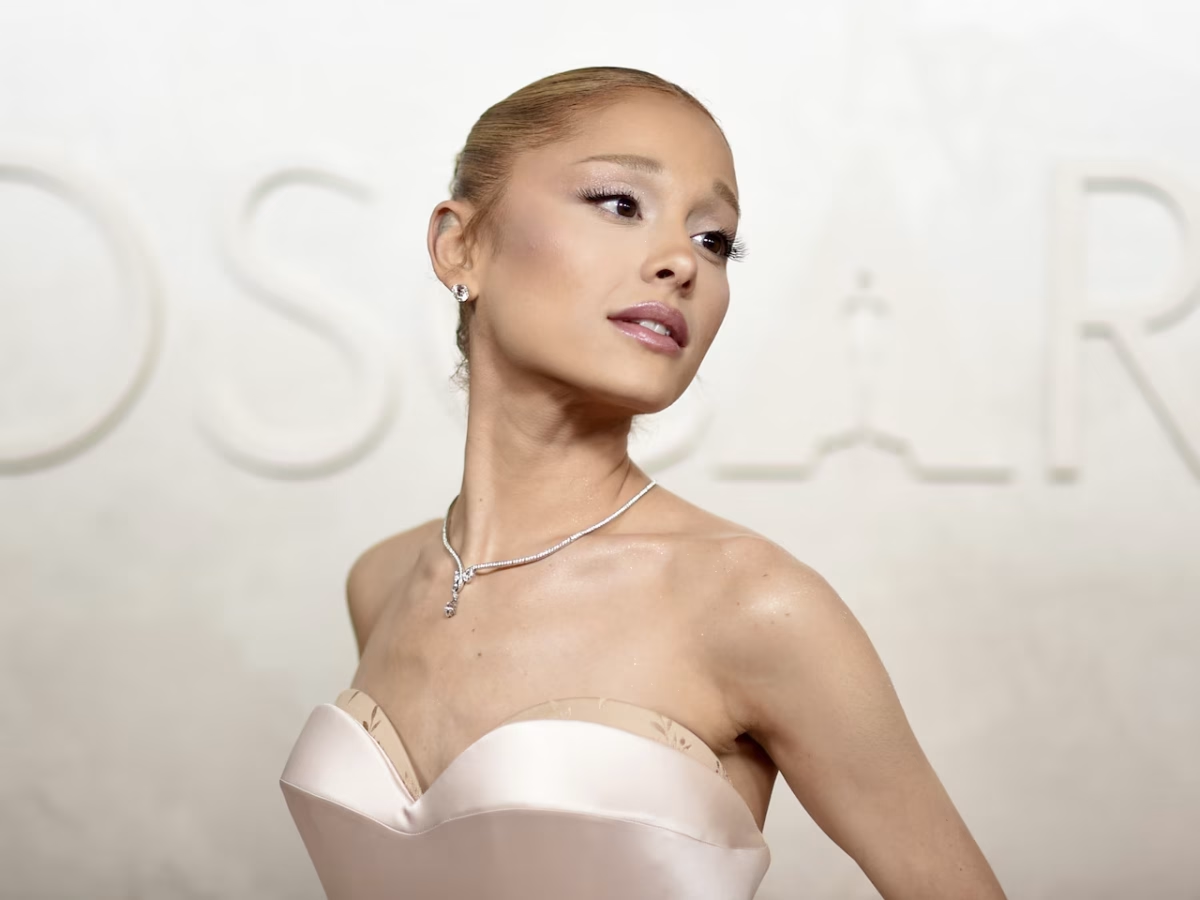
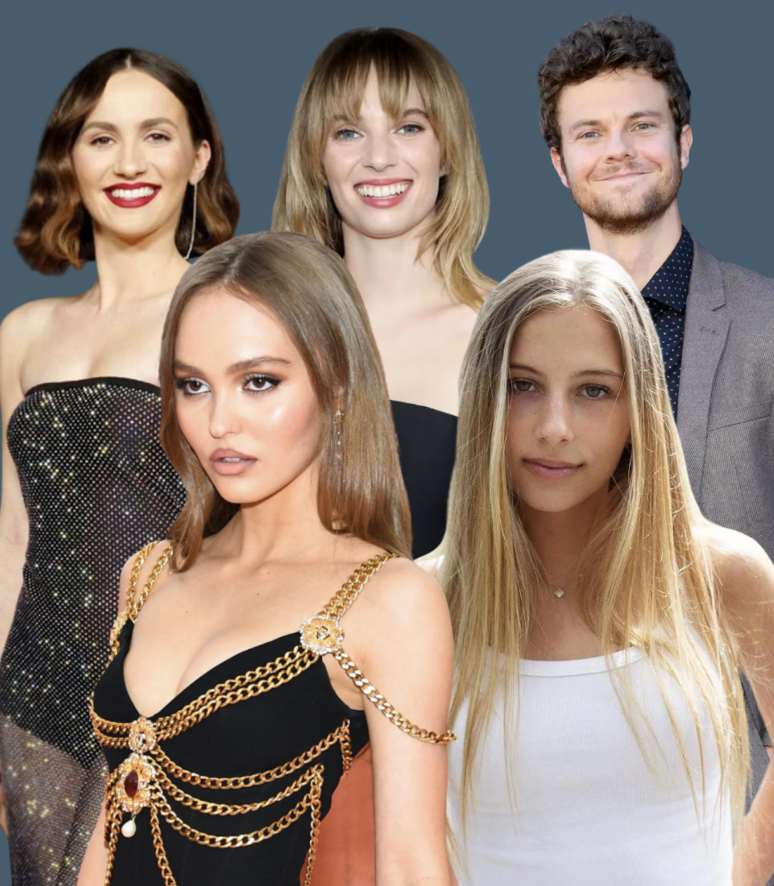




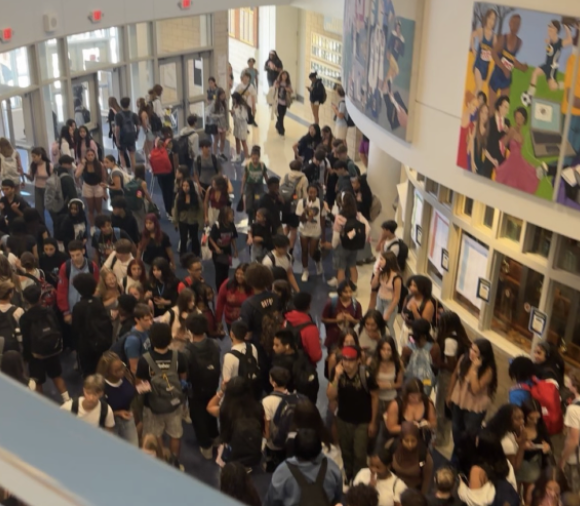












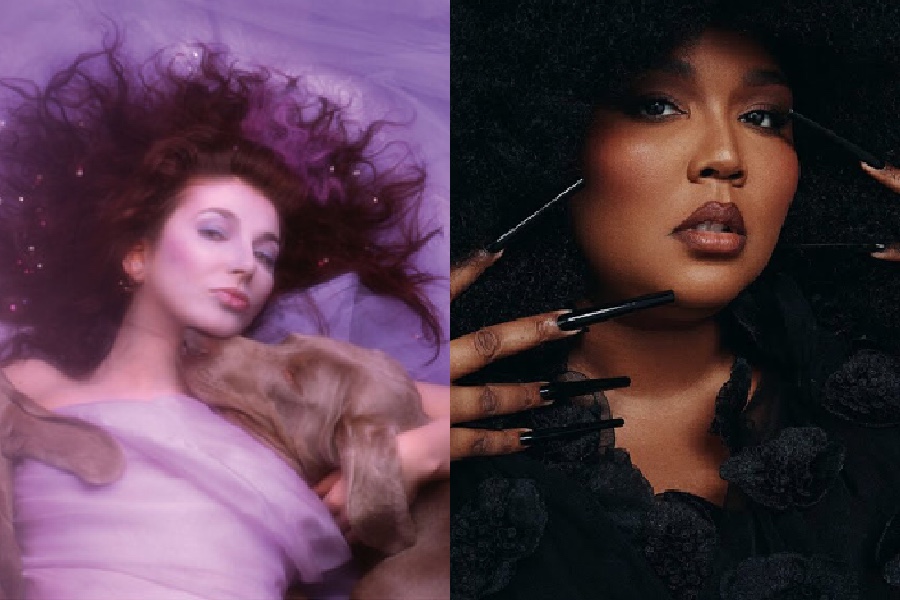

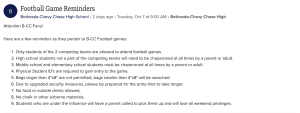

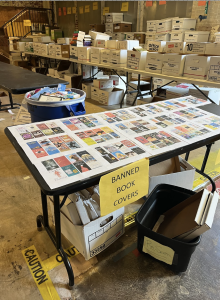
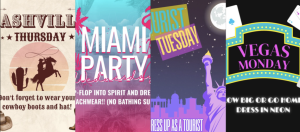
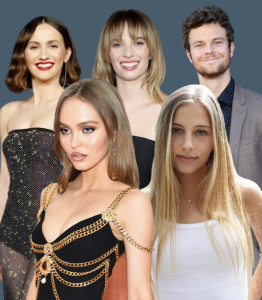
Yafet • Oct 17, 2022 at 11:56 am
I learned a lot very cool article!!!